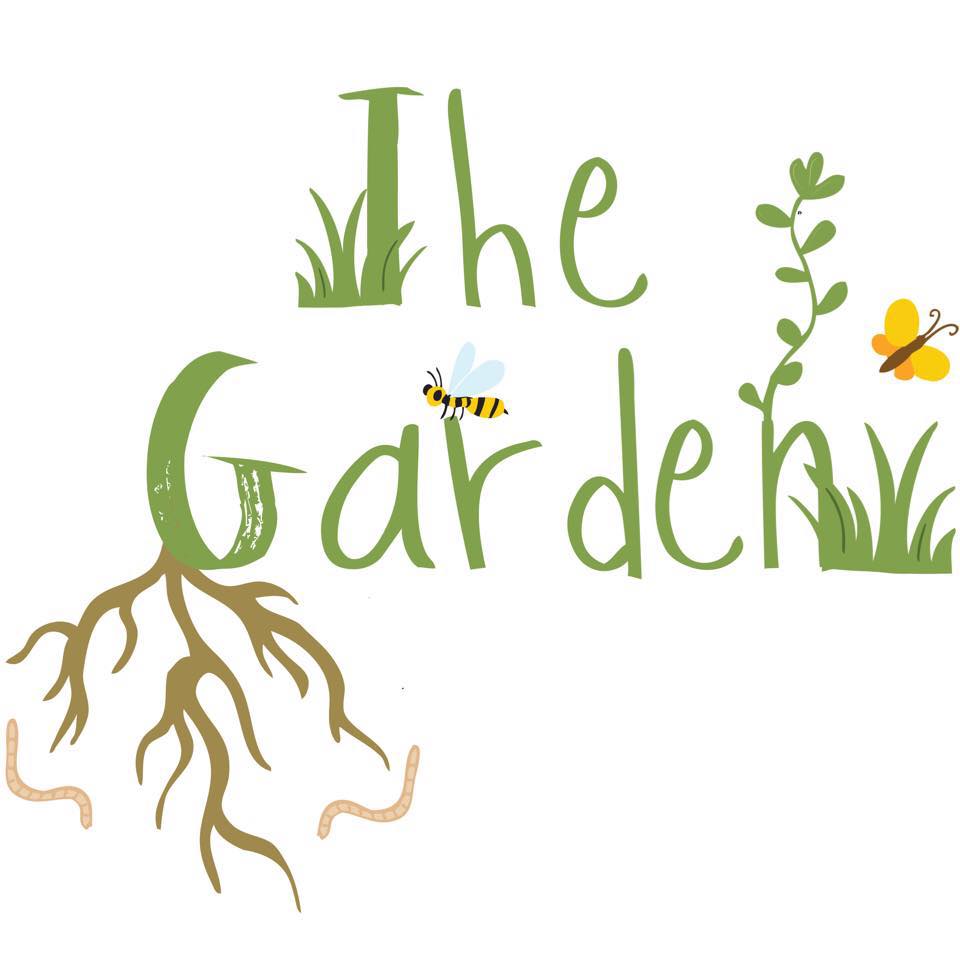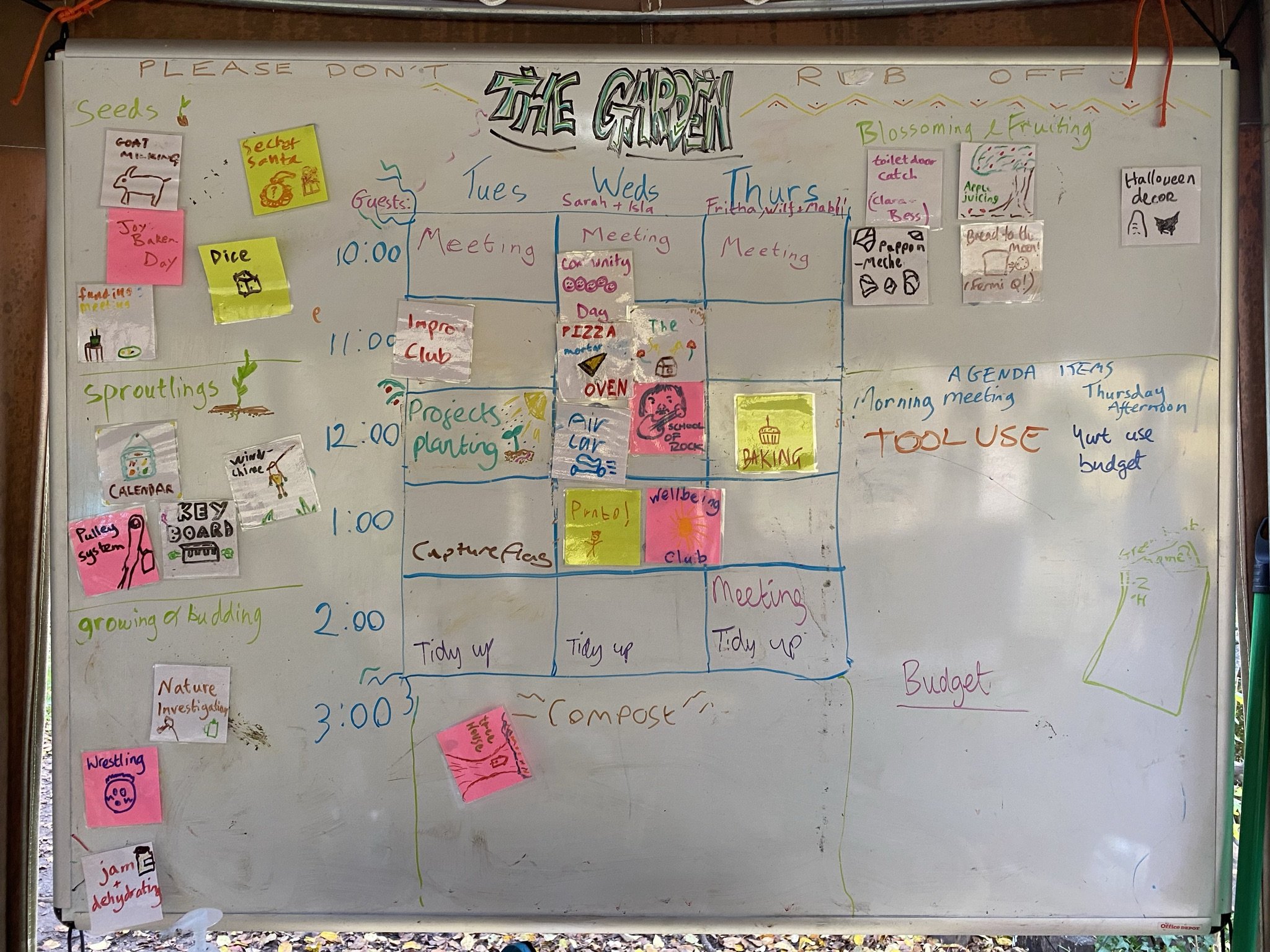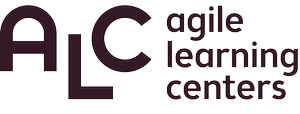From the Freedom to Learn Forum 2024
/The Freedom to Learn Forum took place for the 5th time last August. Folks engaged in Self Directed Education - in a huge range of contexts and capacities - gathered at East Kent Sudbury’s expansive site to co-create three full days of Unconference (click through for the excellent explainer of unconference and open space technology!).
If you are interested in spending time with others who are seeking or working for freedom in education, then if you possibly can, take up the invitation to ‘ weave together this year's forum using our gifts, a culture of reciprocity, and the co-created magic’ an join the Forum this year, at a beautiful site in the Peak District from 28 August to 1st September. Think about what you want from the space, and come prepared to engage in ways that are aligned with your energy and needs. If you want to hang out and play, craft, chat, sleep, sing, talk, write, organise, imagine, reflect, plan for the year ahead … all of these are welcome, and it’s for you to attend to your needs and wants and meet them, individually and collectively, while you are there! The Open Space technology is a flexible and enabling tool - which can be navigated in so many different ways…
Each Forum is shaped by people attending with their whole selves, and intentions, interests and curiosities come together in a unique way, only to be experienced and never to be repeated. In 2024 I had a sense of each person leaving with fresh or crystalised ideas and directions - seeds of potentialities to grow in the soil of our own localised - and interconnected - contexts.
The 2024 Forum gave me a huge impetus for reflection on my role in the wider landscape of education, and energy and inspiration to bring to The Garden as the project and my role within it went through significant change. These concrete actions are a snapshot from the week after the 2024 Forum.
Concrete actions:
Peer support through the year
Over the past two years I have sporadically attended regular online calls. Meeting on the Sunday, a number of people volunteered to help hold these and we explored how to make the most of them. My goal is to attend more often than not: at least 7 calls over the coming 12 months.
One intention I brought to the Forum was to explore peer supervision models to support reflective practice. A number of us at The Forum agreed to set up a peer support whatsapp group. I will revisit the models that I have previously experienced and enjoyed and research others to share with the group, and I shared the intention with a friend to set up a nucleus of ideally 4-6 people, with the possibility to meet as pairs or threes in a format that is agreed to be mutually supportive.
Visits between settings.
Meeting others with shared values and similar contexts, it's possible to unpick the similarities and differences in our responses to situations that stem from universal dynamics but manifest in diverse ways. It’s hard to explain what we do -in theory and practice- without firsthand observatipn as part of the process. I'd like to clarify our invitation to visitors in an extended network of reciprocity - to figure out with the young people what welcome we can provide in a way that’s aligned with our whole community’s needs. For myself, I hope to make visits to 2 settings I haven't visited before.
Writing to share and develop my thought
I’m writing this now!
I want to dedicate time to writing on a season by season basis, with regular times for generating ideas, free writing, researching and editing to shareable forms.
Deschooling
Holding the many different lived experiences of deschooling I came into contact with will hold me to supporting this process with care, awareness and openness - in myself and others.
Site and resource inspiration
EKS has an expansive site that enables resource access far beyond the scope of The Garden’s site. However, we have got potential to optimise our set up within our contraints - and we also have the resources of the city of Bristol to access. I want to draw on others’ experiences to boost generating ideas of how we can maximise our use of sites and resources. It's an imagination and systems challenge as well as a practical one!
Neuroinclusive practice
Attending sessions on neurodiversity affirmed the knowledge, understanding and good practice I already have - and also the space for learning and applying others’ insights to creative problem solving. I’ve signed up for the October cohort of Spectrum Gaming’s 6 week Autism Acceptance course to access collective learning to boost this strand.
Bess Spencer-Vellacott
Director & Mentor at The Garden












